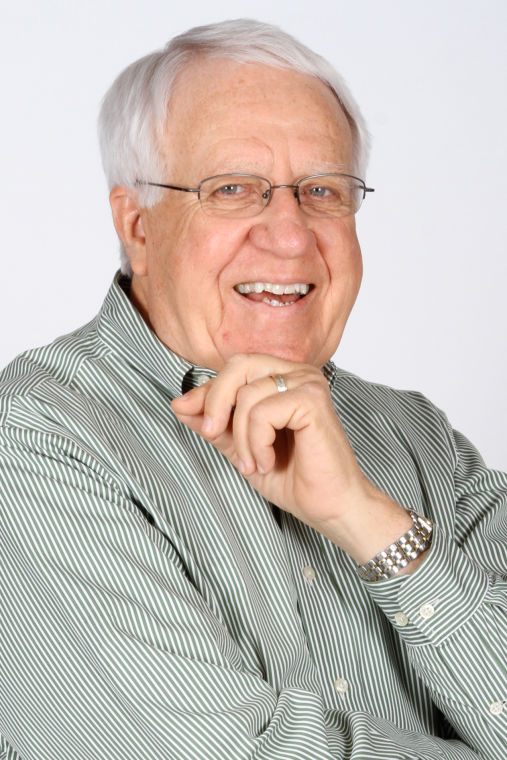
Critics swear that the French successfully smeared “lipstick on a pig” for a big chunk of the 2024 Olympic Games. The French, though, are used to sloughing off jokes and insults.
Someone said that if they can’t find an argument to join, they’ll start one. Further, on slow days, restaurant waitpersons resort to insulting each other. Even the French military is thrown under the bus. Another joke claims that when a hotel kitchen fire broke out, the French army surrendered.
Seriously, though, research reveals that many fists fiercely both pounded and shook when French notables realized that the proposed Eiffel Tower was no joke. …
My initial intent today was to focus on humor related to the Olympics, where TV people have done better jobs pronouncing French names than most Texas TV goldy-throats still stumbling on “Uvalde.” (Sheepish admission: Until the current Olympics coverage, I’d thought the Seine River — winding through Paris — to be pronounced “sane.” TV people — correctly I’m sure — call it “sin.”)
We’ve seen Paris from all angles, wondering if they’ve used all fireworks, strobe lights, baubles and beads. My “lipstick on pig” reference applies largely to the Seine River and its role in the city’s sewer system. Defenders claim they’d drink from the Seine, but critics won’t stick their big toes in it.
Truly, there’s both humor and sadness in the TV coverage, much of which seems to be about the sizzle and not the steak. I’m reminded of the guy’s first visit to a hockey game, where after several minutes of intense fighting, a game broke out. …
TV moguls are pulling out all the stops, frustrated that interest in the Olympics continues to plummet. They’re scrambling to enliven coverage, hoping to win back multi-millions of viewers who are no longer watching.
While admitting that glitzy coverage has reached new heights in sight and sound, we lament the considerable evidence that it trivializes — and in some cases, tramples — traditional Christian values. Many Christians are swearing “enough already.”
One wag, learning that breakdancing is now a recognized sport, said that when his granddaddy’s hound dogs squirmed like that, he gave ‘em worm medicine. He further predicted that before long, there may be additional obscure sports, perhaps pickleball, as well as synchronized eye-rolling and underwater ice-skating. …
OK, enough rambling. Let’s switch to Gustave Eiffel. His battle to make “his” tower a reality is so riveting that I printed 26 computer pages for later perusal. Don’t go there unless you really want to know more about this tourist destination that attracts some six million visitors annually. My cursory observations short-change you greatly, but here goes!
In the 1880s, the French wanted a signature structure befitting the World Fair. Dozens of proposals were considered, but finally, Eiffel’s project was chosen, despite vehement objections voiced by numerous financiers, artists, architects and even other engineers. They claimed his “scheme” was impractical at best and cockamamie at worst.
He proved them wrong, overseeing the construction of what was — for 40 years — the tallest, free-standing, guy-wireless manmade structure in the world. At 1,083 feet, it was finally topped by New York City’s Chrysler Building built in 1939. …
When the tower opened, its elevators were not yet operative. Yet, in the first two weeks, 30,000 visitors ascended the 1,710 stair steps to the top. The Eiffel Tower immediately “wowed” the world.
The biggest initial winner was Eiffel himself, an opportunist as well as an engineer. His contract called for him to pocket 100% of all admission income for the first 20 years! No doubt, he spent lots of time counting his money in his apartment at the tower’s top, where he entertained such luminaries as Thomas Edison.
Famous author Guy de Maupassant hated the tower. Yet, he is said to have eaten lunch daily in its restaurant, complaining that it was the only place in Paris where the structure was NOT visible.



